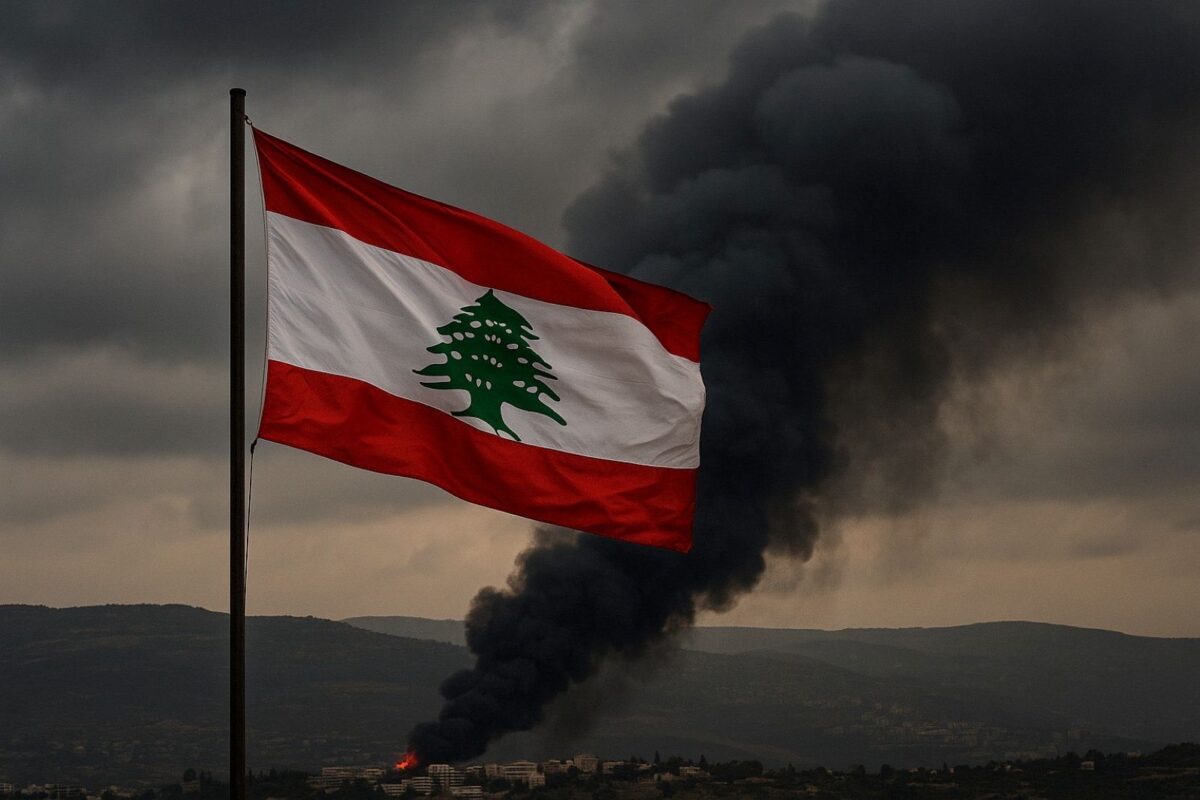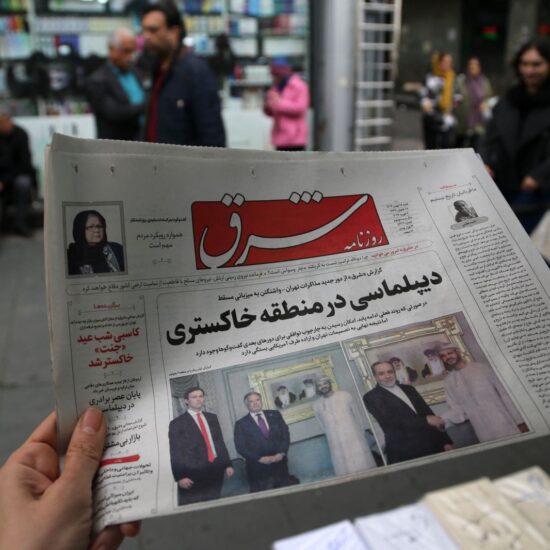
Lebanon’s problem does not lie in a lack of laws or in the ambiguity of its principles. “The monopoly of arms by the state” is enshrined in constitutions, accords, and international resolutions—repeated endlessly by successive governments as a moral mantra. Yet the latest cabinet sessions, and the accompanying political and security performance, have reduced this foundational principle to an empty echo. The state that should reclaim the unity of force has confined itself to rhetorical posturing, surrendering to the circular logic of “the chicken and the egg”: the army cannot disarm Hezbollah as long as Israel continues its strikes, and the strikes continue so long as the state refuses to enforce the monopoly of arms. This is not technical paralysis; it is a political choice to justify and prolong impotence.
No one expects the Lebanese army to wage urban battles to forcibly disarm Hezbollah. That is self-evident. What is unacceptable is turning this reality into a pretext for eternal delay. Political leadership is not about listing obstacles—it is about charting the possible path: enforcing the constitution, drafting a roadmap that assigns responsibilities, and seeking coordinated Arab and international support to implement UN Security Council Resolutions 1559 and 1701. These are not abstract demands but practical steps combining political pressure, economic incentives, and a security realignment that restores the state’s authority.
The “Raoucheh incident” in Beirut was emblematic of this inversion of priorities. Six floodlights on a seaside rock became a so-called “sovereign battle,” spawning a chorus of bureaucratic theologians justifying the violation. Yet the essence of the case was the defiance of a government decision in the heart of the capital—a test of the state’s authority. Treating it as a mere “administrative misunderstanding” misses the point: if the symbolic challenge succeeds in Beirut, what prevents it from spreading to other, more sensitive arenas? The same logic applies to the suspension of the Ressalat Association’s license. Handled through political bartering, it risks being reduced to a token gesture to placate public opinion instead of a first step toward dismantling the institutional and cultural ecosystem that legitimizes the extra-state economy of force.
The paradox is stark: the Lebanese state is moving against nature. Across the region, political orders are changing rapidly. Major Arab capitals are redefining their priorities around development, stability, and global economic integration. Even Damascus, battered and bankrupt, is being forced into pragmatic realism. Lebanon, however, insists on swimming upstream—curbing media freedoms at the first test, weakening the judiciary at the first serious case, and normalizing the security exception at the very core of its capital while still chanting the slogan of the “strong state.” The old logic of “protective minority alliances,” which Hezbollah long invoked, has lost all regional validity. No one is willing to bankroll its adventures anymore. Yet the Lebanese authorities persist in feeding the group political oxygen through empty rhetoric and situational justifications that keep its weapons “legitimate” under the pretext of an “external threat.”
Hezbollah itself faces a structural crisis. The successive strikes it has endured in the south and east have exposed the fragility of its military architecture vis-à-vis Israel, disrupting its logistics and command lines. The gap between its boastful rhetoric of “changing the balance” and the reality of limited, calculated retaliation is glaring. This is not newfound prudence but a reflection of cumulative erosion—an organization increasingly unable to bear the costs of open confrontation, while its own social base grows weary of “victories” that bring only destruction and economic collapse.
In this context, the state’s wager on time is complicity. Time works against Lebanon: every day without a clear path toward unifying arms erodes its image, weight, and relevance in the Arab world. Each new hesitation gives Israel a stronger pretext to expand its strikes under the guise of Lebanese paralysis and opens the door to a gradual regime of sanctions and isolation that will engulf not only Hezbollah but the entire country. More dangerously, the mixed messages from the presidency and army command—often framed as “technical reports” deferring decisions to the field—are read abroad as tacit acceptance of the abnormal. The state’s failure thus ceases to be mismanagement; it becomes policy.
The solution does not begin on the battlefield but in the realm of politics, law, and administration. Lebanon must first make a clear and public declaration that the monopoly of arms is not a slogan but a binding commitment of the state and its institutions, one accompanied by a transparent timetable. That declaration must be followed by enforcement: restoring the authority of the judiciary, curbing armed displays in the streets, dismantling the parallel economy that finances illegal arms, and holding accountable those who sustain the culture of impunity. The army, for its part, must be redefined as a guarantor against political violence and shielded through Arab and international sponsorship that moves it from the role of “mediator” to that of enforcer of the law under Resolution 1701. Finally, Lebanon must draw a clear link between sovereignty and recovery: no investment, no reconstruction, and no partnership with the international community can materialize in a country with multiple armies and conflicting centers of power.
Skeptics will call this idealistic amid Lebanon’s fragile internal balance. But those balances have already shifted. Hezbollah’s own social environment is exhausted, the so-called “Shiite Street” no longer monolithic, and the regional umbrella that once paralyzed the Lebanese state is collapsing under new Arab calculations. The wider Lebanese society has exited denial—it is no longer willing to remain hostage to proxy wars or foreign bargaining.
The true test lies at the top. The presidency is not a public-relations platform, and the army is not an insurance company. Those who once reached Baabda did so not as philosophers or bankers, but as symbols of legitimate authority and national unity. The greatest danger now is more political acrobatics and interpretive “innovations” that prepare the stage for a larger Israeli strike and a deeper isolation. At the very least, Lebanon’s rulers must stop moving against nature and recognize that this regional moment of transformation is a rare opportunity: either Lebanon enters the gravitational pull of Arab stability, or it continues to sink into the gravity of the void.
The conclusion is simple and unforgiving: the monopoly of arms is not a procedural issue—it is the precondition for the state’s survival. Everything else is detail. If the authorities are serious, they must tell the Lebanese people, clearly and publicly, what they are doing, how, and when. Otherwise, they are not managing a crisis—they are managing a collapse.
This article originally appeared in Elaf
Makram Rabah is the managing editor at Now Lebanon and an Assistant Professor at the American University of Beirut, Department of History. His book Conflict on Mount Lebanon: The Druze, the Maronites and Collective Memory (Edinburgh University Press) covers collective identities and the Lebanese Civil War. He tweets at @makramrabah







